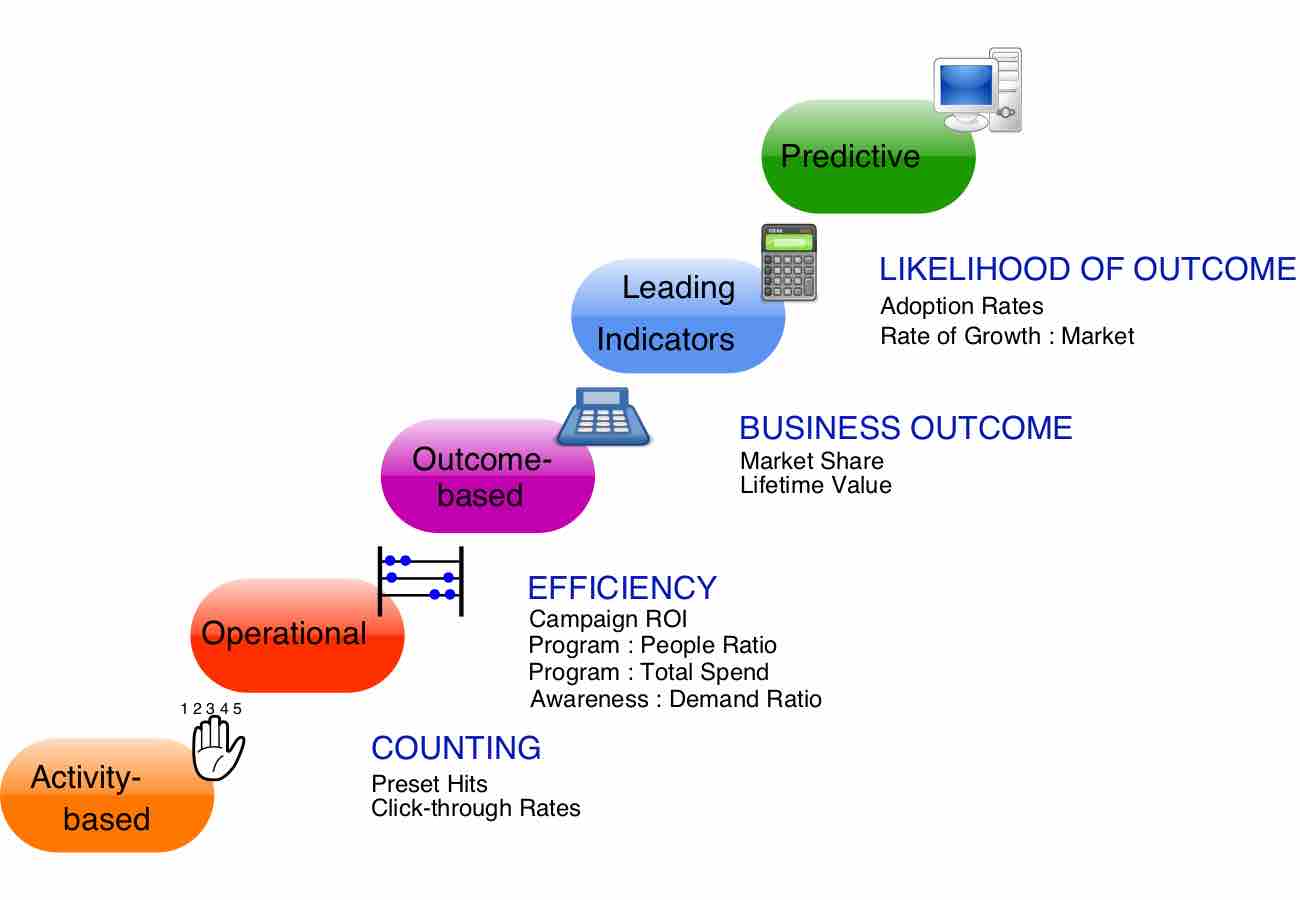Defining Marketing
Marketing is the activity of facilitating exchange of a given commodity for goods, services, and/or money for the purpose of delivering maximum value to the owner of the commodity. From a societal point of view, marketing is the link between a society's material requirements and its economic patterns of response. Marketing satisfies these needs and wants through exchange processes and building long-term relationships.
Marketing can be looked at as an organizational function and as a set of processes for creating, delivering and communicating value to customers, and managing customer relationships in ways that benefit the organization and its shareholders. Marketing is the science of choosing target markets through market analysis and market segmentation, as well as understanding consumer buying behavior and providing superior customer value.
The set of engagements necessary for successful marketing management include capturing marketing insights, connecting with customers, building strong brands, shaping the market offerings, delivering and communicating value, creating long-term growth, and developing marketing strategies and plans.
The Role of Marketing within A Firm
The official American Marketing Association definition published in July 2013 defines Marketing as "the activity, set of institutions, and processes for creating, communicating, delivering, and exchanging offerings that have value for customers, clients, partners, and society at large. "
While this definition can help us better comprehend the parameters of marketing, it does not provide a full picture. Definitions of marketing cannot flesh out specific transactions and other relationships among these elements. The following propositions are offered to supplement this definition:
- The overall directive for any organization is the mission statement or some equivalent statement of organizational goals. It reflects the inherent business philosophy of the organization.
- Every organization has a set of functional areas (e.g., accounting, production, finance, data processing, marketing) in which tasks that are necessary for the success of the organization are performed. These functional areas must be managed if they are to achieve maximum performance.
- Every functional area is guided by a philosophy (derived from the mission statement or company goals) that governs its approach toward its ultimate set of tasks.
- Marketing differs from the other functional areas in that its primary concern is with exchanges that take place in markets outside the organization.
- Marketing is most successful when the philosophy, tasks, and manner of implementing available technology are coordinated and complementary to the rest of the business.
Marketing is often a critical part of a firm's success, but its importance must be kept in perspective. For many large manufacturers such as Proctor & Gamble, Microsoft, Toyota, and Sanyo, marketing represents a major expenditure, as these businesses depend on the effectiveness of their marketing effort. Conversely, for regulated industries (such as utilities, social services, medical care, or small businesses providing a one-of-a-kind product) marketing may be little more than a few informative brochures.
Marketing as a Source of Competitive Advantage
The specific role of marketing is to provide assistance in identifying, satisfying, and retaining customers. Noted Harvard Professor of Business Theodore Levitt states that the purpose of all business is to "find and keep customers. " Furthermore, the only way you can achieve this objective is to create a competitive advantage. That is, you must convince buyers (potential customers) that what you have to offer them comes closest to meeting their particular need or want. Hopefully, you will be able to provide this advantage consistently, so that eventually the customer will purchase your product without considering alternatives. This loyal behavior is exhibited by people who drive only Fords, brush their teeth only with Crest, and buy only Dell computers.
Creating this blind commitment - without consideration of alternatives - to a particular brand, store, person, or idea is the dream of all businesses. It is unlikely to occur, however, without the support of an effective marketing program.

Marketing Metrics Continuum
The Marketing Metrics Continuum provides a framework for how to categorize metrics from the tactical to the strategic. By navigating this metrics continuum, from Activity-Based to Predictive, marketers can move toward more effective marketing measurement and align measurement and metrics with business outcomes.